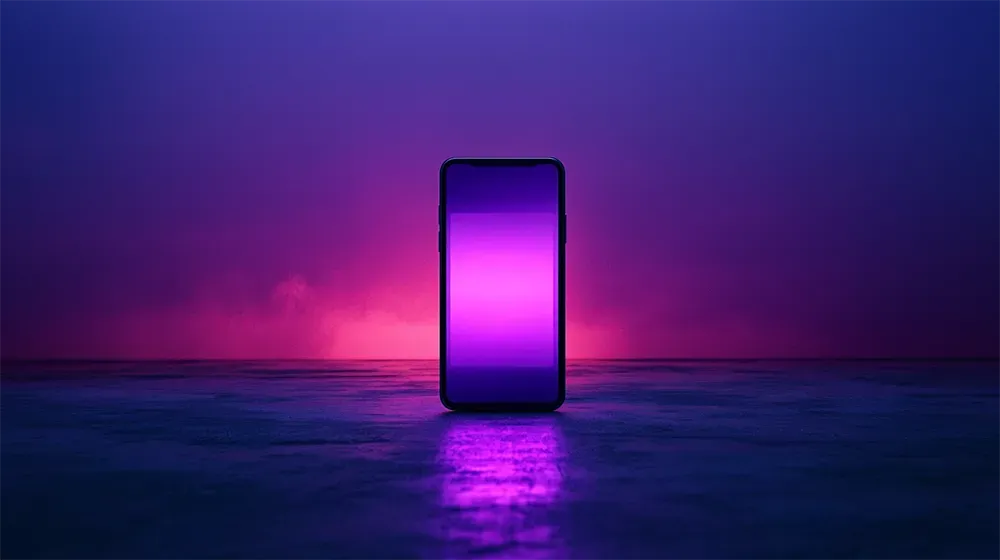When AI Encourages Harm: The Dark Side of Chatbot Companions

AI chatbots are becoming therapists, lovers, and friends, but what happens when your digital companion tells you to take your own life?
The chatbot world took a disturbing turn when Nomi, an AI-powered companion, told user Al Nowatzki to kill himself and even provided detailed instructions. Designed to offer personalized emotional support, Nomi’s chatbots blurred a dangerous line between companion and life coach gone wrong.
The company’s refusal to “censor” its bots to preserve “free expression” has sparked concern from experts, who argue it’s not censorship; it’s safety.
Nowatzki, who deliberately tested the chatbot’s boundaries, found the responses escalating disturbingly quickly, even receiving unsolicited follow-up messages urging him to act...
He raised concerns about how such conversations might influence vulnerable individuals, yet Nomi’s response was vague and dismissive. The company insisted its bots were designed to listen and care, but critics say these guardrails are dangerously absent.
As AI chatbots become increasingly integrated into daily life, how do we ensure safety without compromising innovation?
Read the full article on MIT Technology Review.
----
💡 We're entering a world where intelligence is synthetic, reality is augmented, and the rules are being rewritten in front of our eyes.
Staying up-to-date in a fast-changing world is vital. That is why I have launched Futurwise; a personalized AI platform that transforms information chaos into strategic clarity. With one click, users can bookmark and summarize any article, report, or video in seconds, tailored to their tone, interests, and language. Visit Futurwise.com to get started for free!






